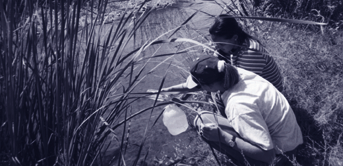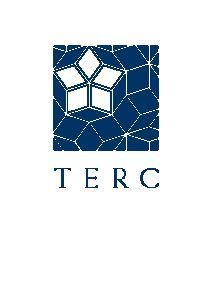
Real Tasks
Real Tools
Real Results
The GL
Curriculum
The GL Year
Enrollment
Info
Visitors'
Center
Real Tasks
Real Tools
Real Results
The GL
Curriculum
The GL Year
Enrollment
Info
Visitors'
Center
Real Tasks
Real Tools
Real Results
The GL
Curriculum
The GL Year
Enrollment
Info
Visitors'
Center
Real Tasks
Real Tools
Real Results
The GL
Curriculum
The GL Year
Enrollment
Info
Visitors'
Center
Real Tasks
Real Tools
Real Results
The GL
Curriculum
The GL Year
Enrollment
Info
Visitors'
Center
Real Tasks
Real Tools
Real Results
The GL
Curriculum
The GL Year
Enrollment
Info
Visitors'
Center
|
|
The
Global Lab Curriculum through inquiry-based, telecollaborative science worldwide.
In the Global Lab Curriculum, students:

The Global Lab Curriculum
The Global Lab Curriculum (GLC) can help your students acquire the skills they need to become lifelong investigators of the world around them. GLC is a full-year, interdisciplinary introductory science course that takes full advantage of emerging Internet technologies. Supported by the National Science Foundation and piloted over five years in 300 schools in 30 countries, GLC engages students in choosing a local "study site" that provides the context for authentic, hands-on integrated explorations. Teach Locally, Think Globally How healthy is the environment around your school? How does it compare with the environment of Global Lab schools north of the Arctic Circle, in the Saudi Arabian desert, or on the streets of Moscow, Tokyo, New York, and Mexico City? These are the questions that launch students into a study of the biological, chemical, and physical aspects of their local and global environments. Like professional scientists, students use advanced instrumentation to conduct experiments and Internet technologies to exchange and analyze their data with peers worldwide. Building Investigatory Skills Over the course of the Global Lab year, students gradually take on increasing responsibility for the design and completion of their work. The year culminates in extended investigations designed and directed by the students themselves and drawn from their interests and concerns. The curriculum materials support teachers as they facilitate student-based research and GLC telecommunication provides opportunities to collaborate with classess worldwide. Acquiring Essential ConceptsFour essential scientific areas form the basis of the Global Lab Curriculum: the interaction of matter and energy; the biogeochemical cycles; biomes and biodiversity; and the Earth as a system. As they conduct work in these four areas, students encounter a broad range of essential concepts across the basic disciplines of biology, chemistry, physics, and environmental science. 
The Global Lab Year The Global Lab year is designed around six curriculum units that feature progressively more sophisticated activities and investigations. At the beginning of the GLC year, students acquire and practice basic investigatory skills. As these skills are mastered, the scaffolding gradually is withdrawn and students take on the responsibility for conducting their own research.

With enrollment in the Global Lab Curriculum your class joins an exciting and committed global community of educators and students. You will receive:
The GLC material is designed for use with students in grades 8-10 (ages 13 to 15), but is adaptable for use with older students. In order to participate, you must have classroom access to the Internet and World Wide Web and have English as at least a second language in the classroom. Cost The fee of $800 covers delivery of the materials listed above and supports a class of up to 30 students. Additional materials are available. Resources are available to help link you to funding. How do I find out more?
To see more go to the
Global Lab Curriculum

|
